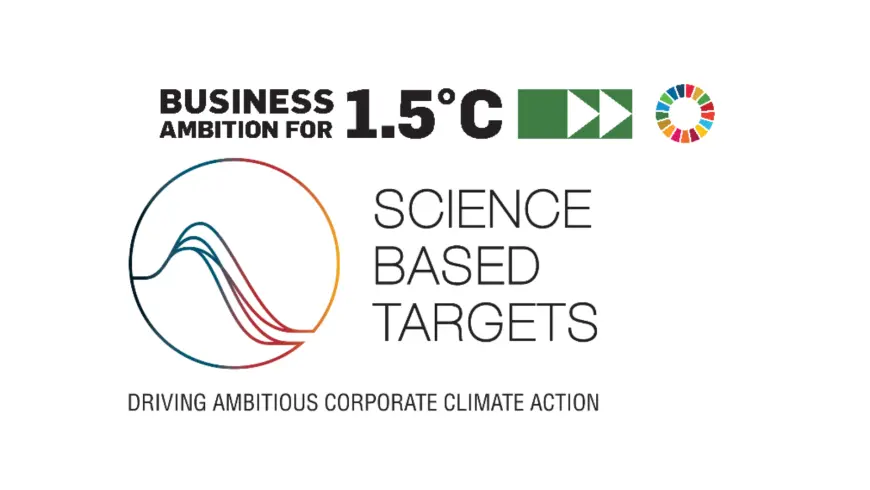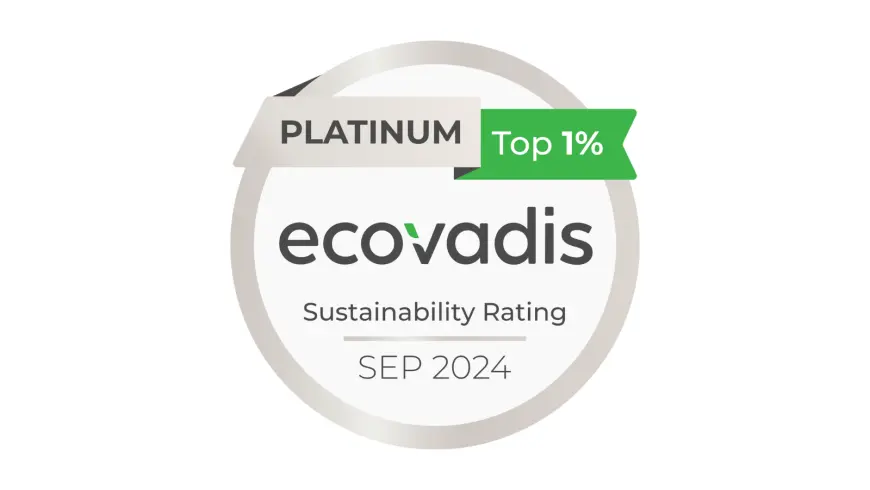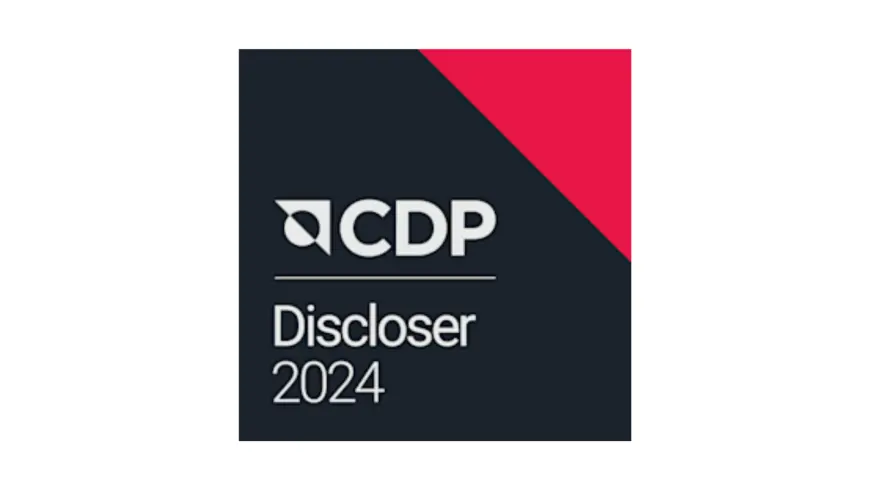DEKRA Climate Impact Program
A New Approach to Climate Responsibility Management
The global challenges of climate change continue to grow – as does the urgency and relevance of finding effective solutions. This involves not only combating climate change (Climate Change Mitigation) but also adapting to its increasing negative consequences (Climate Change Adaptation).
In an increasingly disruptive global environment, where the urgency of the climate crisis is sometimes questioned, DEKRA emphasizes the strategic importance of a collective fight against climate change. In this context, DEKRA joined the "Alliance of CEO Climate Leaders" at the World Economic Forum (WEF) in Davos in early 2025.
In its 100th anniversary year, DEKRA reaffirms the significance of impact-oriented climate responsibility management, underscores its commitment to the 1.5-degree target of the Paris Climate Agreement, and introduces the DEKRA Climate Impact Program (DCI) as an alternative model that goes beyond neutrality claims. The program aims to make a holistic contribution to climate protection and climate adaptation.
Internal Decarbonization and Promotion of External Climate Projects
The DEKRA Climate Impact Program is introduced as an innovative measure for impact-oriented climate management. It combines consistent internal decarbonization with the promotion of external climate projects. DEKRA follows current, independent, scientific findings and climate policy requirements (e.g.,
IPCC AR6 Synthesis Report
,
New Climate Institute: Climate Responsibility
). This particularly includes strict adherence to the 1.5-degree target, with measurement, reporting, consistent reduction, and internal pricing of greenhouse gas emissions, as well as – concerning the responsibility for remaining emissions – the support of external climate projects with explicit consideration of climate adaptation and impact-oriented climate protection that does not rely on carbon certificates.
With the Climate Impact Program, DEKRA goes beyond mere balance-sheet compensation of greenhouse gas emissions and engages in effective measures to prevent and reduce emissions as well as adapt to climate change impacts. DEKRA collaborates with renowned partners who develop and implement innovative solutions for climate protection and climate adaptation.
DEKRA will fulfill its previous goal of "carbon neutrality balance-sheet by 2025" through voluntary compensation of remaining emissions*. With the company’s 100th anniversary in mid-2025, CO₂ compensation will be replaced by the "DEKRA Climate Impact Program" approach. The program represents an evolution of the previous climate target. DEKRA thus moves beyond pure compensation and initiates partnerships to collaboratively implement impactful solutions for climate change challenges.
*Scope 1, Scope 2 as well as Business Travel from Scope 3
Critical Climate Mitigation and Adaptation Issues
Key topics for holistic climate responsibility management, such as climate adaptation or highly effective climate protection projects like peatland restoration in Europe, are not part of the current system of balance-sheet greenhouse gas compensation via CO₂ certificates but are becoming increasingly critical and urgent.
The negative consequences of climate change are becoming ever more evident. This includes developments where entire regions become uninhabitable due to water scarcity, exacerbating health issues, child mortality, and global migration movements. Often, children are particularly affected. Effective measures, such as solar-powered freshwater infrastructure, can create significant positive impacts in climate-resilient adaptation to these negative effects.
The effectiveness of the projects is continuously monitored through qualitative progress reports and quantitative metrics. These are transparently assigned to the respective UN Sustainable Development Goals (SDGs).
With the DEKRA Climate Impact Program, DEKRA sets an impulse for other organizations to rethink climate management – holistically and collaboratively. DEKRA is convinced that overcoming the climate crisis is only possible through joint action – and is taking the lead in its 100th anniversary year.
Contribution to the UN Sustainable Development Goals
The effectiveness of the projects is continuously monitored through qualitative progress reports and quantitative metrics. These are transparently assigned to the respective UN Sustainable Development Goals (SDGs).
With the DEKRA Climate Impact Program, DEKRA sets an impulse for other organizations to rethink climate management – holistically and collaboratively. DEKRA is convinced that overcoming the climate crisis is only possible through joint action – and is taking the lead in its 100th anniversary year.
Our Project Partners
The program is run in collaboration with recognized organizations that implement sustainable projects with a measurable contribution to the SDGs.
Our current partners are:
UNICEF
At the Hamburg Sustainability Conference, DEKRA and the United Nations Children's Fund
UNICEF
announced a long-term partnership to provide around 860,000 children and their families in Ethiopia and India with clean drinking water. The aim is to strengthen the resilience of these communities to the effects of climate change. The partnership focuses on sustainable, climate-resilient WASH initiatives (water, sanitation and hygiene).
DEKRA is providing five million euros over five years. Among other things, this will be used to install solar-powered water pumps, build up local technical knowledge and use modern water treatment technologies. The partnership sees itself as a contribution to global climate adaptation and child-friendly development that promotes education, health, and economic prospects.
The impact of the measures is measured using clearly defined indicators that are based on the UN Sustainable Development Goals (SDGs). These include, for example
- Number of people with permanent access to clean drinking water
- Number of solar pumps installed
- Number of trained specialists in the water sector
- Health and education indicators in the project regions
The partnership is regularly evaluated and transparently reported - locally effective, globally oriented. DEKRA is thus setting a new benchmark for corporate climate responsibility beyond traditional carbon offsetting and supports climate change adaptation.
Progress Reports
Here, the progress reports on the projects implemented within the DEKRA Climate Impact Partnerships will follow.
Recognition and Awards for DEKRA Climate Impact
In 2025, the DEKRA Climate Impact Program was nominated for the prestigious CSR Award of the German Federal Government in the category
"Effective Climate and Biodiversity Protection."
This award honors companies that take exceptional responsibility for sustainable development and create innovative solutions for societal challenges.
External Recognition for DEKRA in Sustainability and Climate Management
DEKRA is rated by EcoVadis with a Platinum award as a Top 1% company in corporate sustainability (current score: 86/100, "outstanding") and is classified as a "Carbon Leader." In the CDP Climate Change Rating, DEKRA is rated for its climate management (current score: "A-," "Leadership Level"). DEKRA's 1.5-degree target pathway was formally recognized by the Science Based Targets Initiative (SBTi) in 2024.


